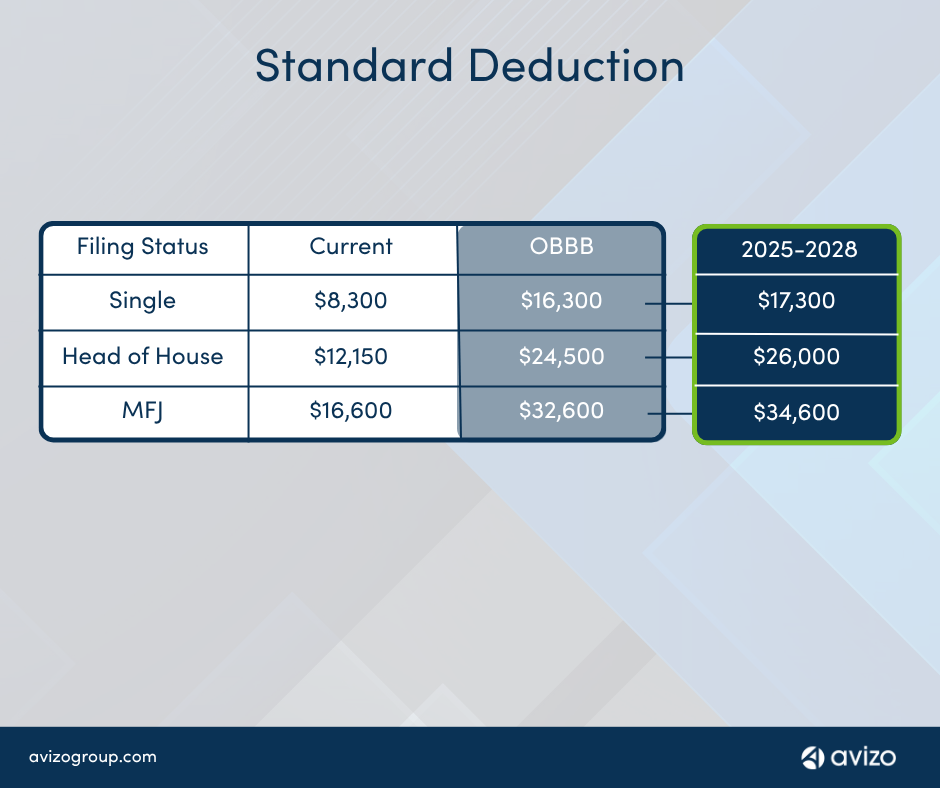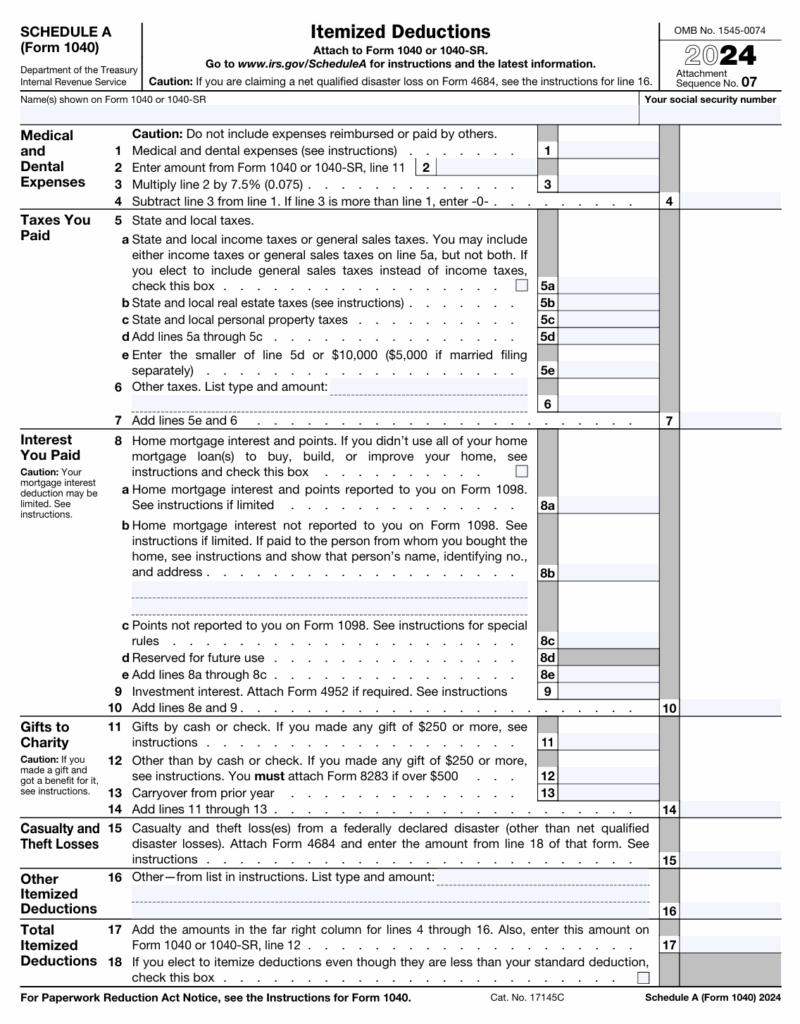What U.S. expats often misunderstand about the FEIE Standard Deduction
Wiki Article
The Foreign Earned Revenue Exemption Explained: A Guide to Enhancing Your Standard Deduction
The Foreign Earned Income Exclusion (FEIE) is a necessary tax obligation arrangement for U.S. citizens and resident aliens living abroad. It permits qualified expatriates to leave out a substantial section of their foreign-earned income from government tax obligations. Comprehending the nuances of FEIE can bring about substantial tax obligation savings. However, several individuals overlook vital information that might affect their eligibility and benefits. Checking out these elements may disclose opportunities for improved tax obligation end results.Recognizing the Foreign Earned Earnings Exemption
Numerous expatriates look for chances abroad, understanding the Foreign Earned Revenue Exemption (FEIE) is important for managing their tax obligation obligations. This provision enables U.S. citizens and resident aliens living overseas to exclude a specific amount of their made earnings from federal taxation. The FEIE was established to ease the tax obligation concern on people that reside outside the USA, acknowledging the one-of-a-kind financial obstacles they may deal with.
Eligibility Demands for FEIE

Exactly how to Assert the FEIE
To successfully assert the Foreign Earned Earnings Exclusion (FEIE), taxpayers have to initially confirm their eligibility based on details standards - FEIE Standard Deduction. The procedure involves a number of actions, including filing the suitable types and offering necessary documents. Comprehending these demands and treatments is necessary for making the most of tax obligation benefits while living abroadQualification Demands
Eligibility for the Foreign Earned Income Exclusion (FEIE) pivots on meeting particular standards established by the internal revenue service. To certify, individuals should be U.S. people or resident aliens who make revenue while functioning abroad. They require to develop a foreign tax home, which implies their primary business is outside the United States. Furthermore, applicants should satisfy either the Bona Fide Home Test or the Physical Existence Examination. The Authentic Home Examination requires that a taxpayer lives in a foreign country for a whole tax obligation year, while the Physical Presence Test requires investing at the very least 330 full days in an international country throughout a 12-month period. Satisfying these demands is important for declaring the FEIE.Declaring Refine Actions
How can one successfully navigate the procedure of declaring the Foreign Earned Revenue Exemption (FEIE)? First, individuals should establish their qualification based upon the physical existence examination or the authentic home test. When validated, they need to complete IRS Type 2555, which details foreign earnings and residency. This form needs to be affixed to their yearly income tax return, usually Kind 1040. It is necessary to properly report all foreign made earnings and guarantee compliance with the internal revenue service standards. Furthermore, taxpayers ought to keep appropriate documents, such as international income tax return and proof of residency. By adhering to these actions, people can successfully assert the FEIE and possibly minimize their taxable income significantly, boosting their total financial position.Calculating Your Foreign Earned Income Exclusion
While several migrants look for to optimize their economic benefits abroad, understanding the computation of the Foreign Earned Earnings Exemption is crucial for precise tax coverage. The Foreign Earned Income Exclusion permits certifying people to omit a certain amount of their foreign revenues from united state tax, which is readjusted yearly for rising cost of living. To compute this exclusion, expatriates need to establish their total international made earnings, which generally includes wages, wages, and professional costs earned while staying in an international country.Next, they should finish internal revenue service Form 2555, offering information regarding their foreign residency and work standing. FEIE Standard Deduction. It's vital to meet either the authentic residence test or the physical existence examination to receive the exemption. As soon as these aspects are developed, the optimum permitted exclusion quantity is applied, reducing the person's taxable revenue substantially. Precise estimations can cause significant tax financial savings for expatriates living and working abroad
The Impact of FEIE on Various Other Tax Obligation Advantages
The Foreign Earned Income Exemption (FEIE) can affect a person's eligibility for specific tax obligation benefits, including the basic reduction. By excluding international earned income, taxpayers may locate their adjusted gross earnings influenced, get redirected here which consequently can influence their qualification for numerous tax obligation credit histories. Recognizing these communications is crucial for enhancing tax end results while living abroad.Communication With Criterion Deduction
When individuals certify for the Foreign Earned Earnings Exclusion (FEIE), their eligibility for the basic reduction might be influenced, potentially changing their total tax obligation liability. The FEIE allows taxpayers to leave out a certain amount of earned earnings from united state tax, which can result in a decreased gross income. As an outcome, if the excluded revenue goes beyond the basic reduction, it can reduce the benefit of declaring that reduction. Furthermore, taxpayers who use the FEIE might discover that their capability to detail reductions is also affected, as particular expenditures might be affected by the exclusion. Understanding this communication is important for expatriates to optimize their tax benefits while making certain compliance with united state tax lawsEligibility for Tax Credit Histories
Steering through the intricacies of tax credit scores can be testing for migrants, especially given that the Foreign Earned Income Exemption (FEIE) can significantly influence eligibility for these benefits. The FEIE enables eligible people to exclude a significant section of their foreign revenues from U.S. tax, however this exemption can likewise influence accessibility to different tax obligation debts. Taxpayers that use the FEIE might locate themselves disqualified for credit histories like the Earned Revenue Tax Obligation Credit History (EITC), as these credit ratings usually need taxed earnings. In addition, the exemption may limit the ability to claim certain deductions or credit histories connected with dependents. Comprehending the interplay between the FEIE and offered tax obligation credit scores is crucial for migrants intending to maximize their tax obligation scenario.
Usual Blunders to Prevent When Claiming FEIE
Generally, expatriates encounter several pitfalls while asserting the Foreign Earned Revenue Exemption (FEIE), which can bring about expensive errors or missed chances. One frequent blunder is falling short to fulfill the physical visibility or authentic home examination, which is crucial for qualification. Furthermore, expatriates often forget the need to file Kind 2555 properly, resulting in incomplete or incorrect entries.Another common mistake entails incorrectly computing international gained earnings, as numerous do not account for all pertinent revenue resources. Some expatriates incorrectly think they can leave use this link out all their income, not aware of the restrictions on the exemption amount. Neglecting to maintain appropriate documents, such as traveling dates and residency condition, can threaten a case. Lastly, misinterpreting the effects of the FEIE on various other tax credit histories might cause unintentional tax responsibilities. Recognition of these mistakes can facilitate a smoother claiming procedure and make best use of prospective benefits.
Resources for Expats Navigating United State Taxes
Maneuvering united state tax commitments can be testing for expatriates, especially after coming across risks in claiming the Foreign Earned Revenue Exclusion (FEIE) To aid navigate these complexities, a range of resources are readily available. The IRS web site provides substantial info on tax regulations, faqs, and kinds especially tailored for expatriates. Additionally, organizations like the American Citizens Abroad (ACA) and the Expat Tax Professionals deal guidance and assistance to guarantee compliance with tax laws.On-line forums and areas, such as the Expat Online forum, enable migrants to share experiences and understandings, promoting an encouraging atmosphere for those encountering comparable difficulties. In addition, tax obligation preparation software program, like copyright and H&R Block, usually consists of functions developed for go now deportees, making the filing procedure extra easy to use. Involving with these resources can encourage expatriates to much better comprehend their tax obligation commitments and take full advantage of advantages like the FEIE.
Regularly Asked Inquiries
Can I Claim FEIE if I'M Independent Abroad?
Yes, self-employed individuals abroad can claim the Foreign Earned Earnings Exclusion (FEIE) To certify, they have to meet certain demands pertaining to residency and income, ensuring they stick to internal revenue service standards for migrants.
Is the FEIE Applicable to Foreign Pensions?
The Foreign Earned Income Exemption (FEIE) is not applicable to international pension plans. Pensions are thought about unearned revenue and do not get approved for the exemption, which specifically puts on gained revenue from work or self-employment abroad.What Happens if I Go Back To the United State Mid-Year?
They may need to change their tax obligation circumstance if a private returns to the United state mid-year. Their eligibility for sure deductions and exclusions, consisting of the Foreign Earned Earnings Exemption, can be affected by their residency standing.Can FEIE Be Reported With Other Reductions?
Yes, the Foreign Earned Revenue Exemption (FEIE) can be claimed together with various other deductions. Treatment should be taken to assure correct conformity with tax regulations, as specific limitations may apply based on individual situations.Just How Does FEIE Affect State Tax Obligations?
The Foreign Earned Earnings Exemption can reduce a taxpayer's federal revenue tax liability, yet it does not immediately affect state tax obligation obligations, which vary by state and may still require coverage of international income.Numerous migrants seek possibilities abroad, comprehending the Foreign Earned Earnings Exclusion (FEIE) is necessary for handling their tax responsibilities. By excluding foreign made income, taxpayers might discover their modified gross income impacted, which in turn can impact their qualification for various tax obligation credits. Guiding through the complexities of tax obligation credit ratings can be challenging for expatriates, particularly considering that the Foreign Earned Revenue Exemption (FEIE) can substantially influence qualification for these advantages. Taxpayers that utilize the FEIE might locate themselves disqualified for credits like the Earned Revenue Tax Obligation Credit Rating (EITC), as these credit scores generally require taxed earnings. Maneuvering U.S. tax obligation responsibilities can be challenging for migrants, particularly after experiencing pitfalls in asserting the Foreign Earned Revenue Exemption (FEIE)
Report this wiki page